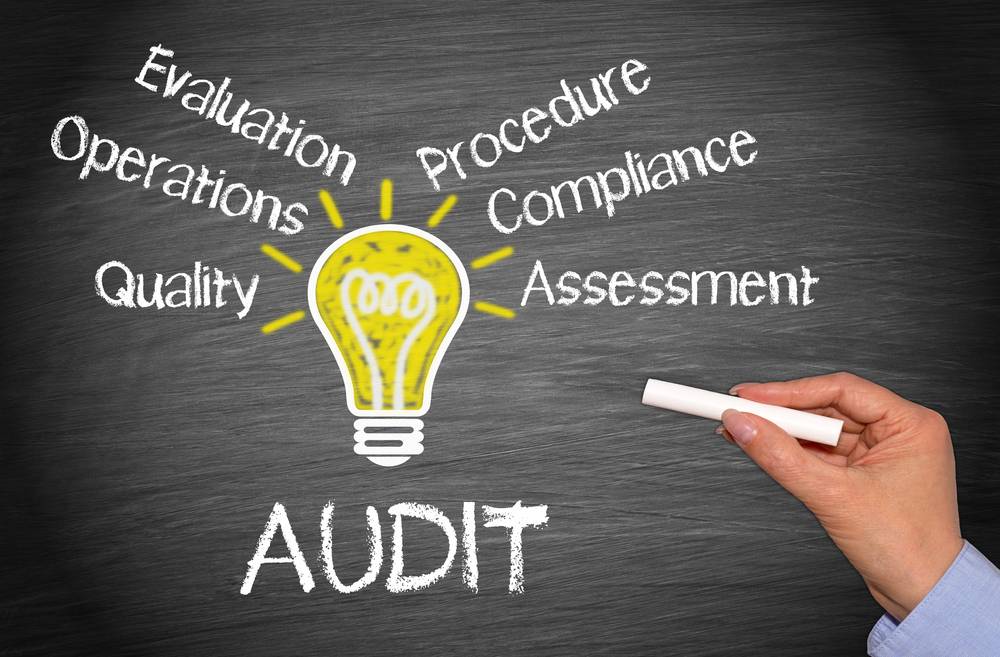 Last updated: November 15th, 2024 2:57 PM
Last updated: November 15th, 2024 2:57 PM
Cost Records and Cost Audit Applicability
Section 148 of the Companies Act, 2013 contains provisions relating to the cost records and cost audit applicability under the Companies Act. The salient feature of section 148 are summarized hereunder –- Section 148 (1) empowers the Central Government to direct the companies specified in the production of goods or provisions of service to include particulars relating to utilization of material or labour or other items of cost in the books of accounts of the company;
- List of specified companies, which needs to maintain the cost records, is provided under Table A and Table B of rule 3 of the Companies (Cost Records and Audit) Rules, 2014;
- Section 148 (2) empowers the Central Government to direct, based on the net worth or turnover of the company, audit of cost records of the specified class of companies;
- Rule 4 of the Companies (Cost Records and Audit) Rules, 2014 contains the provisions relating to the companies which are liable to get their cost records audited;
- Cost audit shall be conducted by the cost accountant who is appointed by the Board;
- In case of any default on the part of the company, it shall be punishable with the fine of an amount not less than INR 25,000, however, such fine cannot be more than INR 5 Lakhs. Further, every officer, in default, of the company shall be punishable with imprisonment for a term up to 1 year or with the fine not less than INR 10,000, however, the same cannot be more than INR 1,00,000;
- In case the cost auditor is in default, he shall be punishable in the manner as provided under section 147 (2) to section 147 (4).
Meaning of the Term 'Cost Records'
The definition of the word ‘cost records’ has been provided under rule 2 (e) of the Companies (Cost Records and Audit) Rules, 2014 which means books of account relating to the utilization of materials, labour and other items of cost as applicable to the production of the goods or provision of services as provided in section 148 of the Act and the Companies (Cost Records and Audit) Rules.Applicability of Cost Records
Rule 3 of the Companies (Cost Records and Audit) Rules, 2014 contains two table namely Table A – regulated sectors and Table B – Non-regulated sectors. Cost records need to be included in the books of accounts of the companies being engaged in the production of goods or provision of service as covered under the table A or Table B and the total turnover from all its production or service in more than INR 35 crore during the preceding financial year. In a nutshell, cost records are mandatory in the case following conditions are satisfied –- The company is engaged in manufacturing goods or provision of services which are listed in Table A or Table B; and
- Total aggregate turnover of the company from all its production or service is more than INR 35 Crore in the preceding financial year.
Applicability of Cost Audit
Cost audit applicability provisions are contained under rule 4 of the Companies (Cost Records and Audit) Rules, 2014. According to the said rule 4, the cost audit is applicable in the following situation –- Table A specified goods/services –
- Overall annual total turnover of the company from all the products/services is INR 50 Crore or more; and
- Aggregate turnover from the individual product/service for which cost records are required to be maintained is INR 25 Crore or more.
- Table B specified goods/services –
- Overall annual total turnover of all the products/services should be INR 100 Crore or more; and
- Aggregate turnover from the individual product/service for which cost records are required to be maintained should be INR 35 Crore or more.
Non-Applicability Of Cost Audit Requirement
The companies which are covered under rule 3 are not required to get their cost records audited in case of the following situation –- The company’s export revenue exceeds 75% of its total revenue. The export revenue needs to be in foreign exchange; or
- The company which is operating from the special economic zone;
- The company which is engaged in the generation of electricity for captive consumption through Captive Generating Plant.
Popular Post

In the digital age, the convenience of accessing important documents online has become a necessity...

The Atalji Janasnehi Kendra Project that has been launched by the Government of Karnataka...

The Indian Divorce Act governs divorce among the Christian couples in India. Divorce...

When an individual has more than a single PAN card, it may lead to that person being heavily penalised, or worse,...

Employees Provident Fund (PF) is social security and savings scheme for employee in India. Employers engaged...


